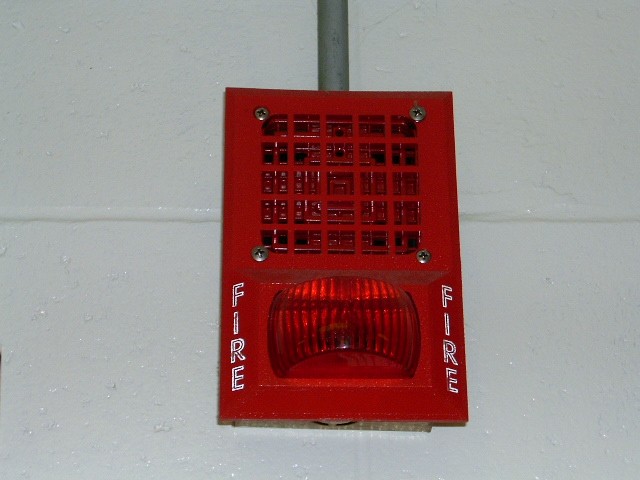While not exactly a trick question, most people do not know the answer to the question of "how long should my fire alarm system last?"
The answer to this question depends on a few factors. Full inspection by a qualified professional is needed regularly to keep it operating at peak performance.
Regulations
Fire alarms need to be in compliance with various regulations, which is why regular inspection and maintenance is essential. Alarm systems need to follow guidelines such as the following:
- NFPA code compliance
- Regional jurisdiction rules and regulations
- Fire alarm manufacturer's inspection and best practices
Fire Alarm System Components
Full fire alarm systems contain a number of essential parts and they can all be inspected as part of an overall scheduled inspection. These parts can include, but are not limited to:
- Manual alarm pull locations
- Alert mechanisms such as strobes and horns
- Detectors for both heat and smoke
- Detectors for fire in the duct systems
- Annunciator panels
- Main alarm panel
- Sub-panels
- Battery backups
Contributors to Life Expectancy
The primary contributor to the life expectancy of most fire alarm systems is the environment: A smoke detector or alarm panel in a very pristine environment will probably also last a very long time, however typical dust and dirt in an enclosed space can cause the components to have a shorter lifespan.
Additionally, the projected life expectancy of fire alarm system components may depend on the total hours of operation accumulated, and this is especially relevant to bells or visual alarms that use discharge tubes.
Frequent operation for extended periods can cause damage to some of these components, which could result in a reduced or bad sound volume or weak light brightness.
If the FD&A system has been left in a fire condition for a long period in an unoccupied building, a retest of sound levels may be advisable.
So How Long Should a System Last?
Fire alarm systems are complex arrangements of individual components, each doing its own part in the overall scheme of things.
They are intended to save lives by alerting occupants in a building to an emergency so they can evacuate efficiently. So what's the answer?
As a rule of thumb, make sure to have fire alarm components and the overall systems inspected annually and completely replaced every 10 years. If you follow these guidelines, you will be able to ensure that your building is on track to being properly prepared for the threat of a fire emergency.

